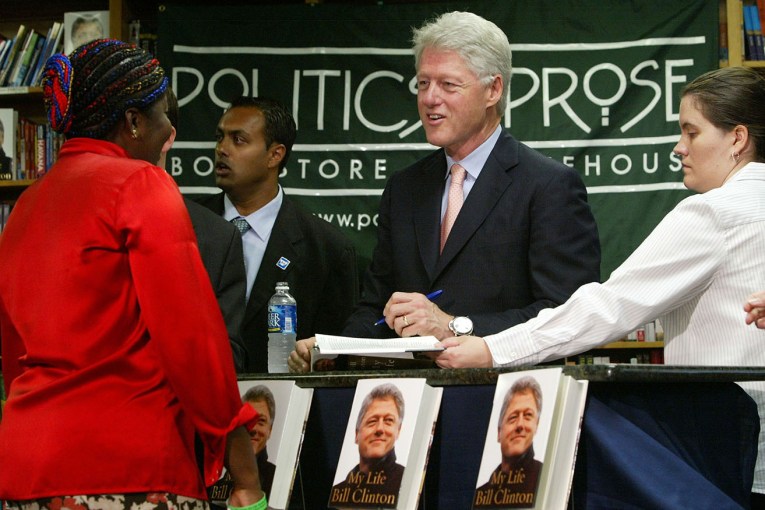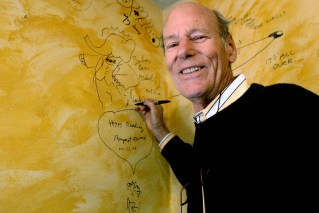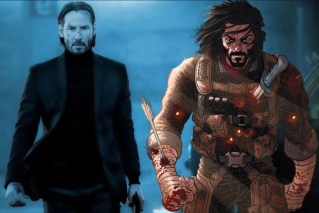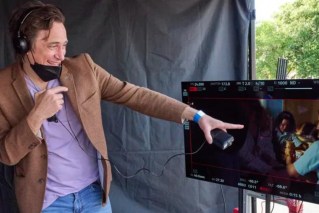From poet to The Doors lead singer: Book details the dark, vivid mind of Jim Morrison
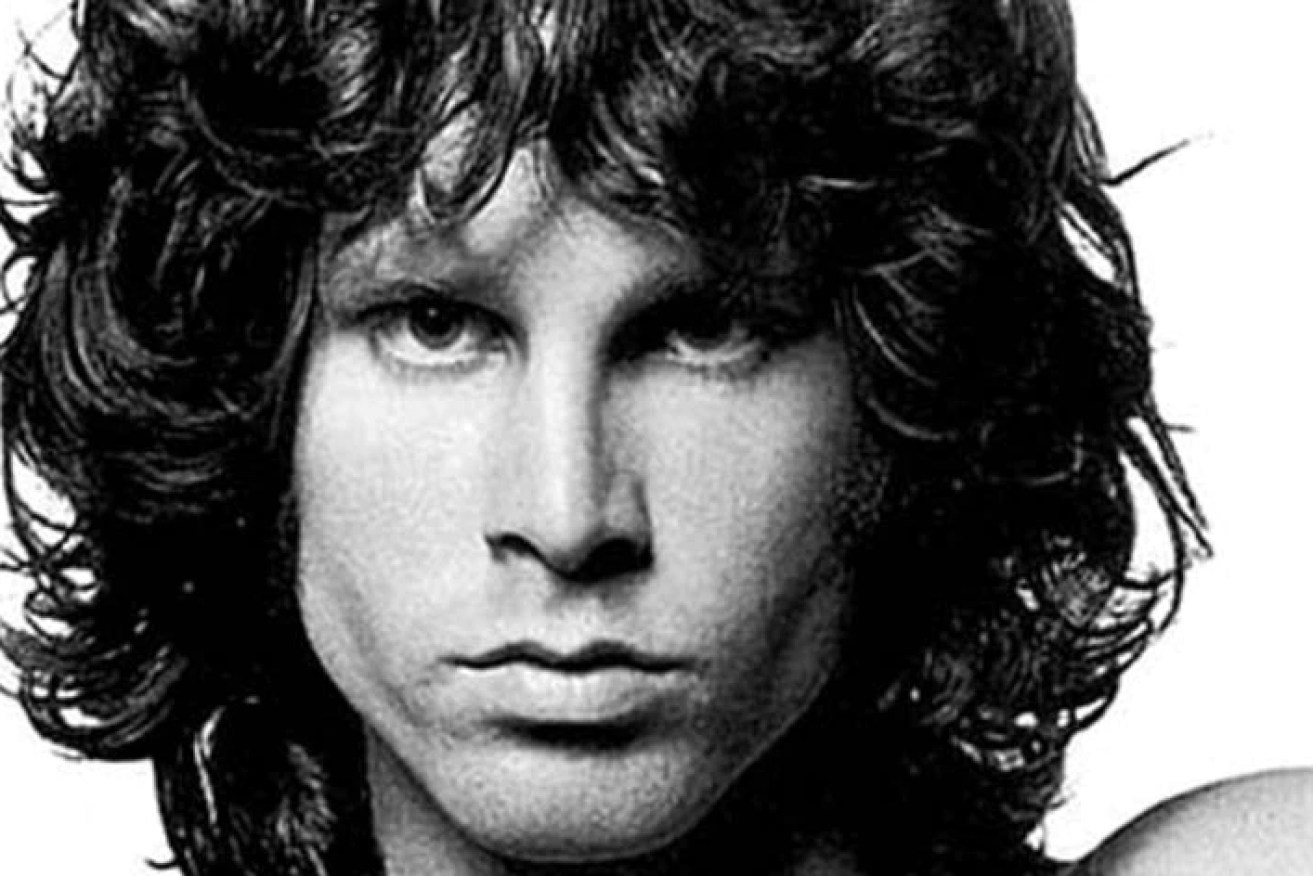
A new book of the collected works of former lead singer of The Doors Jim Morrison, has just been released. Photo: Shockya.com
It was early summer in Los Angeles, 1971, and actor and rock groupie Pamela Des Barres was walking down La Cienega Boulevard heading for an audition.
Jim Morrison, lead singer of The Doors and heart-throb to millions, was driving down the opposite side of the street. They waved to each other.
Morrison did a U-turn and pulled up for a chat. He told Des Barres, “I wanted to say goodbye – I’m going to France.”
The idea he explained was to concentrate on his writing. She later told friends how well he looked and how happy he appeared to be.
A month or so later he was dead. Found lying in a bathtub with fatal dose of “china white” heroin the probable cause.
There are many theories about Morrison’s death.
Did he die in the bathroom alone while his girlfriend slept? Or had he overdosed at a bar and been brought home, where he died?
There was no autopsy and no open coffin.
Whatever you believe though, nothing removes the sentiments he relayed to Des Barres that day.
He always saw himself as a writer, not as a pop star.

Jim Morrison, three years before he died, saw himself as a writer not a rock star. Photo: Wikimedia Commons
Poetry was Morrison’s ‘ultimate art form’
Now fans and lovers of literature can test Jim’s assertion for themselves with the release of the complete works of Jim Morrison.
In a book curated by his friend Frank Lisciandro, and with a prologue by his sister Anne Morrison Chewning, his writings are published together for the first time, with more than a third of the material never seen before.
The book includes one of his first poems from 1954 called The Pony Express.
It also contains the poetry and material he wrote and published in the 1960s and ’70s, along with notes from his trial in Miami, a film treatment called The Hitchhiker and a long poem, almost certainly written in Paris, immediately before his death, with lines that suggests the past:
And I remember
stars in the shotgun
night
And chillingly what was to come,
Naked we come
& bruised we go
nude pastry
for the slow soft worms
below
There’s little doubt he loved writing, especially poetry as he told interviewer Tony Thomas: “Poetry is the ultimate art form, because what defines us human beings is language. The way we talk is the way we think, and the way we think is the way we act, and the way we act, is what we are.”
Why did Morrison throw away his notebooks?
Those who knew him say Morrison carried a small notebook with him everywhere he went, always writing.
As he moved from high school heading for UCLA, he threw away all the notebooks.
Asked why he’d done this, he said: “There’s nothing I can think of that I’d rather have in my possession … but maybe, if I’d never thrown them away, I’d never have written anything original … I think if I’d never gotten rid of them I’d never have been free.”
A few fragments remained however, including the verse Morrison recites on the band’s second album, called Horse Latitudes.
It describes a moment when the crew on becalmed galleons in the Atlantic would throw horses overboard when water was running out. More than 60 years on it maintains its power:
Awkward instant
And the first animal is jettisoned,
Legs furiously pumping
Their stiff green gallop,
And heads bob up
Poise
Delicate
Pause
Consent
In mute nostril agony
Carefully refined and
And sealed over
Not for the faint hearted
Like so much of The Doors’ music Morrison’s writing is confrontational.
If what you’re looking for in this book are untroubled musings, go elsewhere. His writing is not for the faint hearted.
Dance naked on broken
bones feet bleed & stain
glass cuts cover your mind
As he told Creem Magazine, “I rely on images of violence, which bring the shock of pain, to penetrate the barriers people erect and defend … one way is violence, pain. The other is eroticism.”
There are moments where the constant need to startle and unnerve you becomes exhausting.
At other times he is playful – almost laugh out loud funny.
Phrases repeat themselves, with snakes and reptiles constant metaphors. Often what he writes is a simple stream of consciousness until you hit pay dirt, as you discover in the final sections of the Paris Journal written just before his death,
The Hitchhiker stood
by the side of the road
& levelled his thumb
in the calm calculus
of reason
The concept of The Hitchhiker recurs in a number of places and is perhaps a metaphor for the way Morrison saw life. The loner by the side of the road, finger out, throwing fate to the wind.
The Collected Works reproduces a treatment for a short film, The Hitchhiker.
Shot in the summer of 1969 and running 52 minutes, it stars Jim Morrison as a serial killer, whose character would later reappear in Riders on the Storm.
If you give this man a ride
Sweet memory will die
Killer on the road.
What becomes clear as you read through Morrison’s writing is his interest, indeed obsession with celebrity, sex and death.
Death makes angels of us all
& gives us wings
where we had shoulders
smooth as ravens
claws
Morrison wanted his fans to rebel
For Morrison trying to make sense of his celebrity was harder work.
In the end the only way he could come to terms with the adoration was to turn to drink and to turn on his audience.
On stage he often demanded something from them that they could not readily give. Action and reaction was what he wanted.
It seems that with the war in Vietnam raging and with black Americans in outright rebellion over their treatment and lack of equality, Morrison could not understand why his audience was obsessed with him and not what he was saying.
Worse still, he simply couldn’t understand why did they simply take to the streets in rebellion.

Morrison had difficulty understanding his celebrity and wondered why his fans didn’t just take to the streets and rebel. Photo: Reuters
In the book he writes repeatedly about the shaman.
The magic man, the witchdoctor who in older civilisations danced and sang taking himself and those who listened to the edge of madness in an attempt to gain self-knowledge, as he explained in notes for The Lords: “Changed voice, convulsive movement. He acts like a madman. These professional hysterics, chosen precisely for there psychotic leaning, were once esteemed.”
Public enemy No.1
It’s a short journey to see Morrison taking on that role as the lead singer in The Doors.
We know he had studied confrontational theatre and was obsessed with goading those who came to The Doors’ concerts. By early 1969 it was fair to say The Doors were public enemy No.1.

Morrison studied confrontational theatre and was obsessed with goading those who came to The Doors’ concerts. Photo: ABC TV
It was almost certainly this obsession with engaging the audience that led to warrants being issued for his arrest in Miami in 1969 for lewd and lascivious behaviour, public drunkenness and indecent exposure.
The book reproduces his reflections on the trial and the media scrum trailing cameras that pursued him:
Suddenly a drab public corridor
becomes a piece of eternity
& on dying leaves us sadder
& shabbier for its brief luster
In Morrison’s writing throughout the book we can see the other side of that very public figure, the person inside the body that Jim inhabited. The observer watching and annotating each event from his own perspective.
Surprisingly, as you read through his poetry there is a disdain for his own body that so many coveted. For Morrison the writer, his body was a kind of necessary evil.
Ultimately that disdain almost certainly cost him his life and an opportunity to see what time and maturity might have brought to his writing that created images like this:
I am troubled
Immeasurably
By your eyes
I am struck
By the feather
Of your soft
Reply
A short time before his death and just before he went to Paris, Morrison was asked how he viewed his career. His answer was candid.
“I’m not denying that I’ve had a good time these last three or four years and met a lot of interesting people … but if I had to do it over again think I would have gone more for the quiet undemonstrative little artist plodding away in his own garden.”
It’s difficult to imagine Jim working as “a quiet undemonstrative artist”. It just doesn’t fit.
He was a shooting star. He was the man who took poetry to the masses and if all those notebooks and all his writings simply fed into the songs he left us, that alone would have been enough.
With the Collected Works we have a taste of Jim Morrison beyond the microphone, beyond the stage.
Read them and be thrilled and know he truly was a writer.
-ABC
